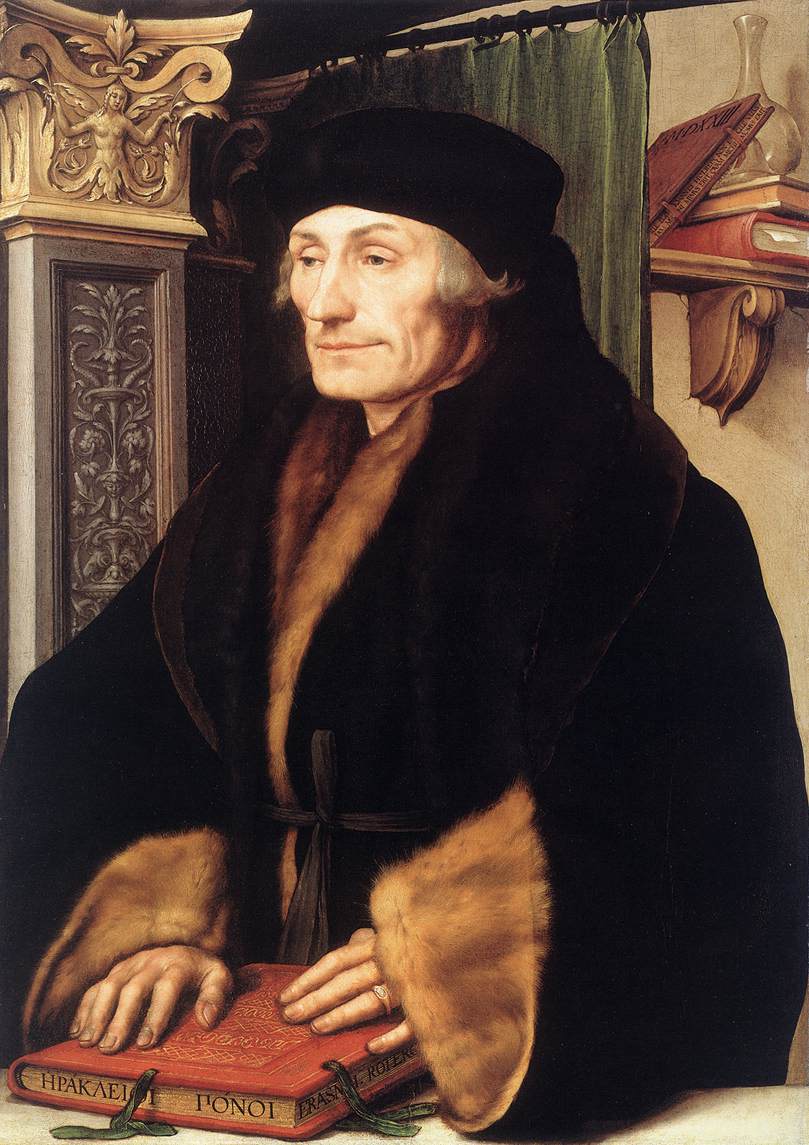James IV: Personality & Appearance
Chapter 2 : Intellectual Pursuits
James' energy was not just physical, it was mental as well. He was widely read, fluent in several languages (including Gaelic) and encouraged both poetry and music at his court, playing and listening to musical instruments, such as harps, clasarchs, shawms and lutes. He rewarded the foremost poet of the age, William Dunbar, extensively, paying him an annual pension of some £80 Scots.
Literacy and education generally seem to have interested James. In 1496 the first act for compulsory education in the British Isles was passed, when all landowners were required to educate their sons in grammar (Latin) and law.

His own illegitimate son, Alexander Stewart, was tutored by the most famous Humanist of all, Erasmus. The new printing press, too, was patronised by the King and during his reign myriad books on a wide range of topics were published.
A pastime that James apparently enjoyed, that would be unusual in the twenty-first century for a man who seems so masculine in his tastes, was embroidery and fine needlework. Perhaps he was so energetic that it was impossible for him to sit without doing something with his hands.
Medicine & Experiments

James took a keen interest in medical and scientific matters. According to Pitscottie he was:
"weill learned in the art of medicine, and was ane singular gud chirurgiane [surgeon]; and there was none of that profession, if they had any dangerous cure in hand, but would have craved his advyse"
Not content with giving surgical advice he actually got personally involved in dentistry - paying people to allow him to extract their teeth!
There are also entries in the royal accounts for supplies for experiments, that he shared with his Alchemist, John Damian. They were searching for the Elixir of Life.
In 1507, Damian undertook an attempt at flight. Unsurprisingly, the attempt failed, but James continued to support Damian, paying for large quantities of whisky, and an allowance to travel to Europe for research.

